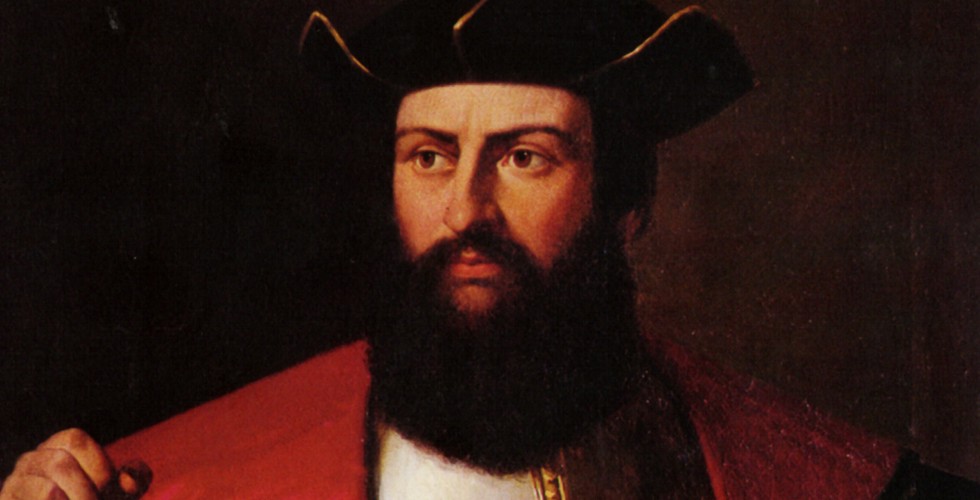

His most important work was Kitab al-Fawa’id fi Usul ‘Ilm al-Bahr wa ’l-Qawa’id (Book of Useful Information on the Principles and Rules of Navigation), written in 1490. He was the author of nearly forty works of poetry and prose. The exact date is not known, but bin Majid probably died in 1500. He was so famous that he was known as the first Arab seaman. He was raised with a family famous for seafaring at the age of 17 he was able to navigate ships. Quoting Wikipedia, Shihab Al-din Ahmad Ibn Majid al Najdi was an Arab navigator and cartographer born in 1421 in Julphar, which is now known as Ras Al Khaimah. So who could this pilot have been, the person who changed the course of history, both for the west and the east? People who have read about the age of history will agree that the impact of this Portuguese landing indeed changed the course of trade and history. The Portuguese historians of the time also fail to connect the person to Ibn Majid or mention the August name. Some stories, text books and novels describe the pilot as the famous Arab navigator Ibn Majid, but historians and contemporaneous accounts disagree. They found such a person, and sources argue over the identity of the pilot, identifying him variously a Christian, a Muslim, and a Gujarati Hindu. They needed some person who knew how to navigate the monsoon winds. Today we have navigational aids and propulsion that makes it easy, but in the days of winds, sailing and the non availability of precise charts, it was a hit and miss. For the first time, the Portuguese had to cross a large expanse of water. The Rayar invasion through Palghat -1510įor here he met and contracted the services of a person who was to direct the ships to the coast of Malabar.


 0 kommentar(er)
0 kommentar(er)
